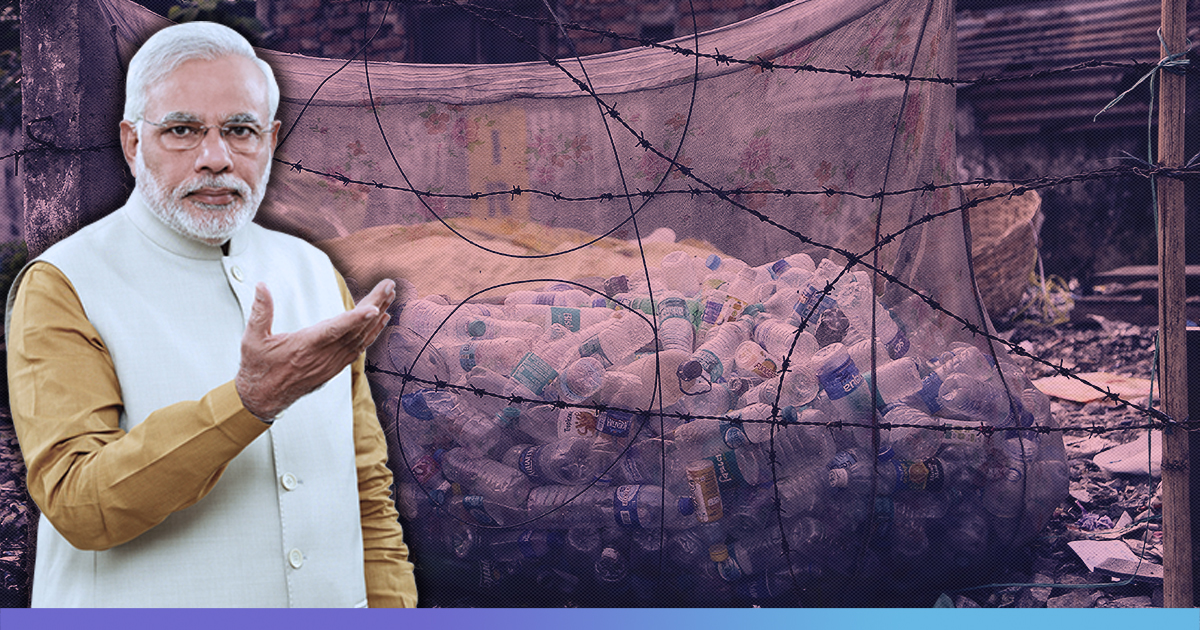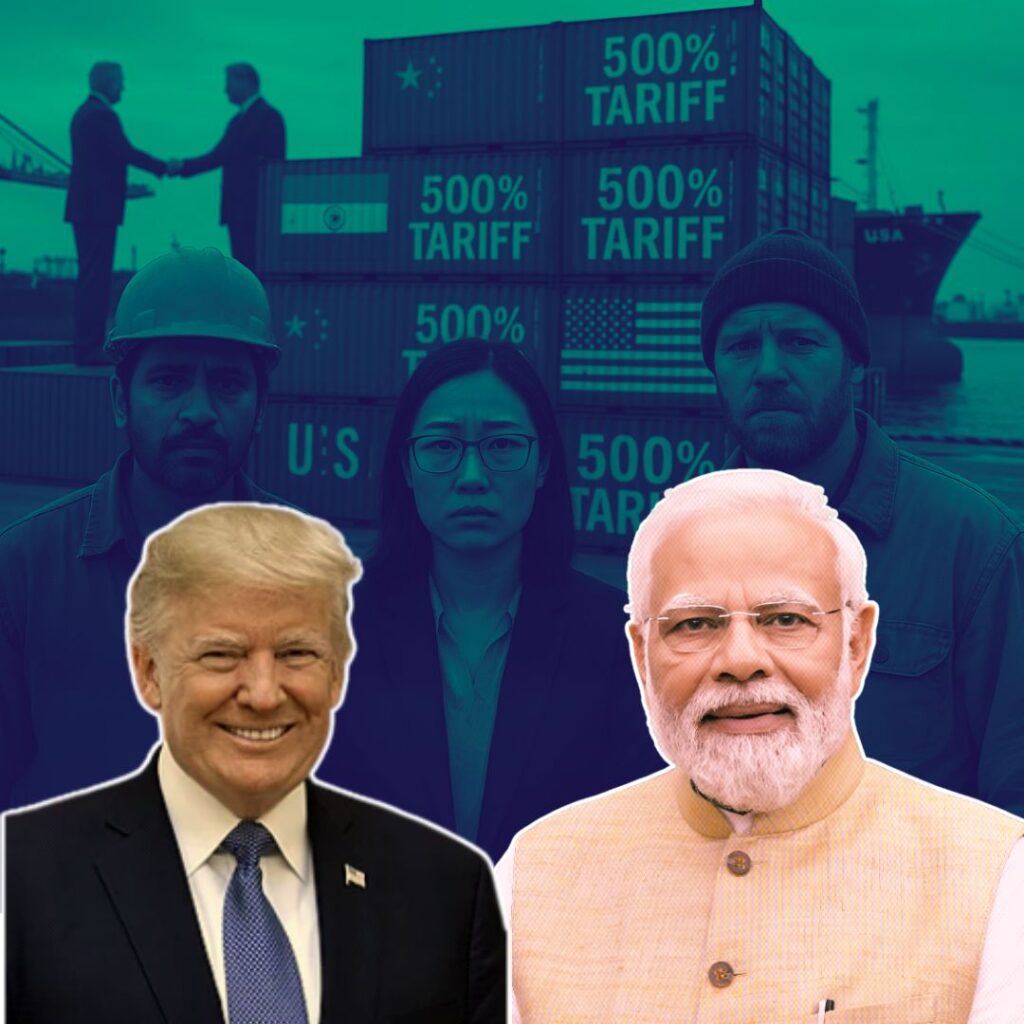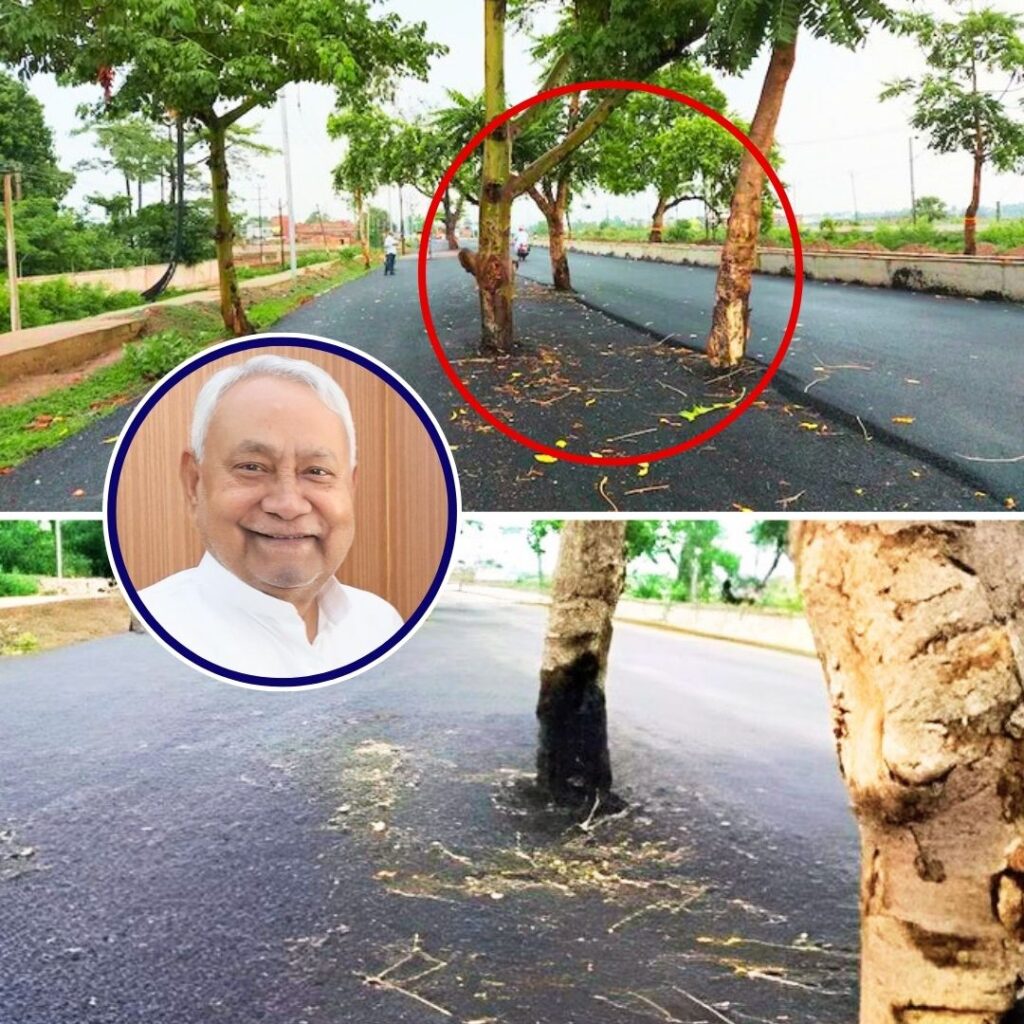To remove single-use plastics from cities and villages that are considered to be most polluted India the government is eyeing a blanket ban on single-use plastic products on October 2, 2019, which marks the150th birth anniversary of Mahatma Gandhi.
Two officials under the request of anonymity told Reuters that items such as plastic bags, cups, plates, small bottles, straws and certain types of sachets will be banned. The move is in line with Prime Minister Narendra Modi’s aim to abolish single-use plastic by 2022.
“The ban will be comprehensive and will cover manufacturing, usage and import of such items,” one official was quoted by Reuters. The ban on these six items will help India to truncate 5 per cent to 10 per cent from India’s annual consumption of about 14 million tonnes of plastic.
PM Modi in his Independence day speech urged citizens and government agencies to “take the first big step” on October 2 towards an India free of single-use plastic.
On August 29, Air India announced a ban on plastic products such as cups, bag, and straws on all its flight from October 2. Eco-friendly birch wood cutlery will replace plastic cutlery for special meals, whereas light-weight steel cutlery will replace crew meal cutlery, while Plastic tumblers and teacups will be replaced with paper versions.
Last week, Indian Railways too decided to ban single-use plastic materials on stations, train with effect from October 2, 2019. The Railway Board has asked its authorities to expedite the installation of 1,853 plastic water bottle crushing machines at 360 major stations. The board has directed the railway general managers of Zonal Railway and Production unit to ask railway vendors to avoid the use of plastic carry bags.
Penalties for violations of the ban will probably take effect after an initial six-month period to allow people time to adopt alternatives.
It is anticipated that the government is likely to bring in stringent penalties against those not following the rules. The government is likely to ask e-commerce companies to slash the use of plastic packaging, which makes up nearly 40 per cent of India’s annual plastic consumption.
Also Read: Odisha: To Get Rid Of Plastic Packets, Milk ATMs Installed For Public











